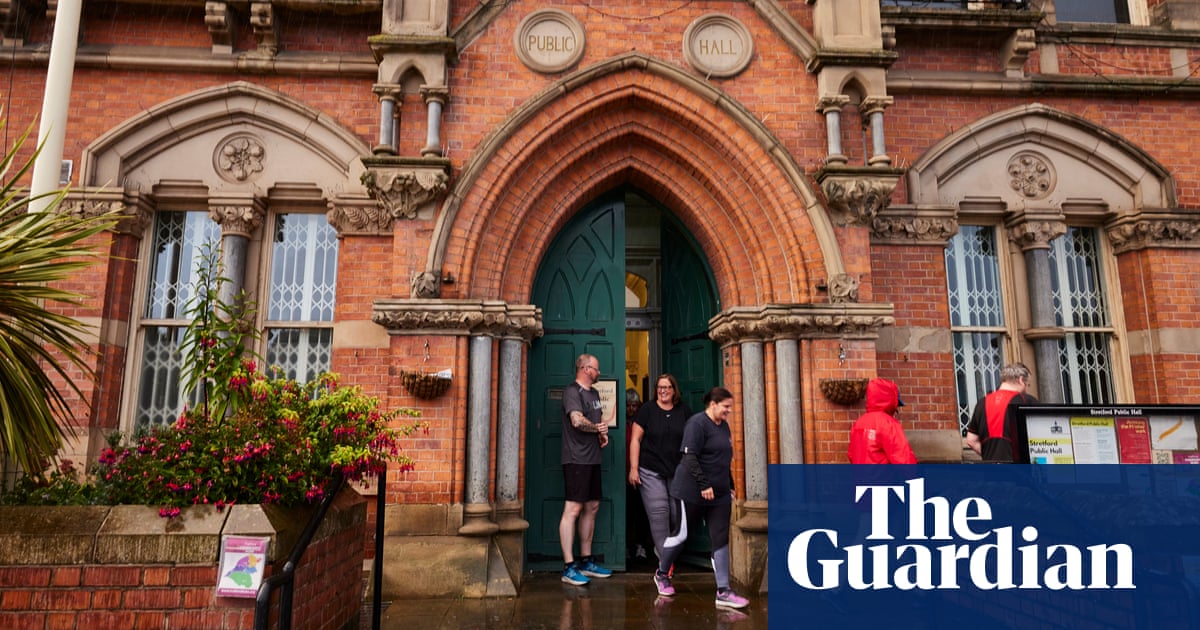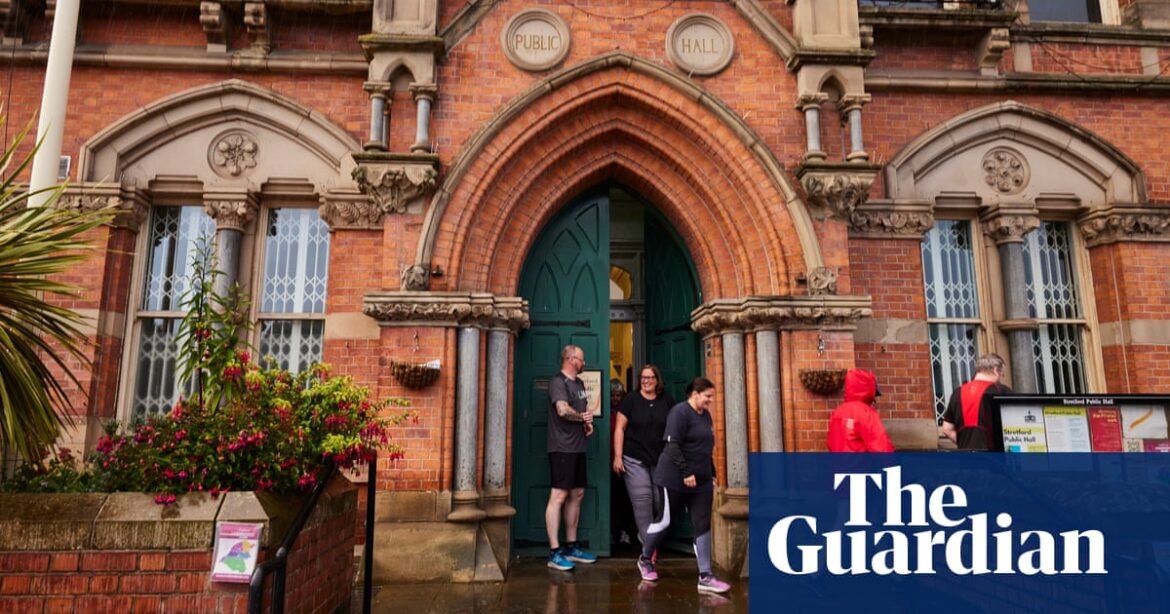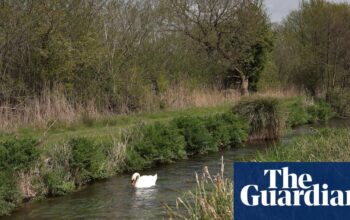
Labour is considering a “take back control” proposal where vacant pubs, shops, and community centres in England that are up for sale can be prioritized for purchase by local groups. This plan aims to give communities more control over their local spaces.
According to the suggestions, community organizations would have the opportunity to purchase beloved assets that are being sold, with financial support from the government and a year-long exclusive window to make their bid.
The independent Community Wealth Commission has put forth a proposition in their report, supported by the Co-operative party, in an effort to persuade Labour to incorporate it into their general election manifesto. Members of Parliament are expressing worry over the slow progress made by the Conservatives in aiding local organizations in preserving valuable establishments that may face closure.
In recent years, government funding has been used to protect various prominent community resources. These include the Vale of Aeron pub, which was a beloved spot of poet Dylan Thomas, and a train line in Yorkshire that was featured in the 1970 movie version of The Railway Children.
In Scotland, local ownership of historic pubs and buildings is increasing due to the existing right to buy. This includes the Old Forge Inn, located on the scenic Knoydart peninsula and considered the most isolated pub on the British mainland.
The Co-op party’s general secretary, Joe Fortune, believes that increasing community ownership can stop the decline of high streets in the UK. He expressed concern over the loss of important assets in our communities and the ongoing trend that has not been stopped.
A key component of a new strategy for local economic growth should be a strong emphasis on community ownership. In addition to the positive impact on both the economy and society, prioritizing community ownership will provide individuals with a greater voice and investment in their own community.
In 2021, the government introduced a community ownership fund of £150m that will last for four years. This initiative, promised by Boris Johnson as part of his levelling-up plan, intends to empower local organizations with the funds needed to manage pubs, village shops, sports facilities, and other community assets.
Approximately £71 million has been designated for 257 projects since it began. Nevertheless, with only one year remaining before it ends, members of the Labour party are doubtful that the initiative will achieve its objectives.
Suggesting that unused funds could be rolled over to form the backbone of an expanded scheme under a future Labour government, the Community Wealth Commission said that allocating £231m over five years – alongside its right-to-buy reforms – could help to support a sixfold increase in the number of purchases to about 300 a year by the late 2020s.
Supported by the Co-operative party, which is connected to the Labour party and includes over 10% of Labour’s Members of Parliament, the commission was initially introduced by Lisa Nandy while she served as the shadow secretary for levelling up.
According to the commission led by former Ernst & Young chief economist Mark Gregory, the community ownership fund should be restructured to allocate £26m to support local groups in their efforts to bid for local assets. The commission also recommended that at least 50% of the funds be allocated to projects in the top 30% of areas with the greatest need.
Local authorities have the power to list certain properties as assets of community value, and communities can then make bids for them. This has happened with nearly 7,000 properties in the last ten years, such as pubs, community centers, sports fields, and places of worship.
So far, local groups have only successfully acquired less than 200 projects, and the majority of funding from the community ownership fund has been allocated to projects in areas that are not considered the most deprived in Britain.
Bypass the advertisement for the newsletter.
after newsletter promotion
According to current regulations, landowners are required to inform local councils if they plan to sell their land. In addition, community groups have the option to initiate a six-month pause in the sale process, allowing them time to prepare a bid. The proposed policy would grant communities the exclusive right to purchase the land for a period of 12 months once a sale is initiated. This type of community right-to-buy policy is already implemented in Scotland.
This chance is too important to pass up.
In 2015, Annoushka Deighton played a part in arranging for the community to take control of Stretford Public Hall in Greater Manchester. In September, she was granted £288,000 from the latest round of funding for community ownership.
She emphasized the importance of funding for the hall’s long-term viability. The hall is a central location for various arts events, live music, a community movie theater, and health and wellness activities. She also stated that an increase in funding from the Labour party is necessary to make a greater impact.
She stated that she has personally experienced the great advantages that arise when the community works together to acquire a local property or resource and offers something of real value to the community.
“Given the upcoming general election, it is imperative that we seize this chance to alter the way politics is conducted in our nation.”
According to a government representative, the community ownership fund is making progress in awarding the remaining funds by March 2025 as originally planned. They also stated that this fund is a crucial aspect of their goal to promote equality across the UK and has already succeeded in rescuing and transferring 257 community establishments into local ownership.
Source: theguardian.com



